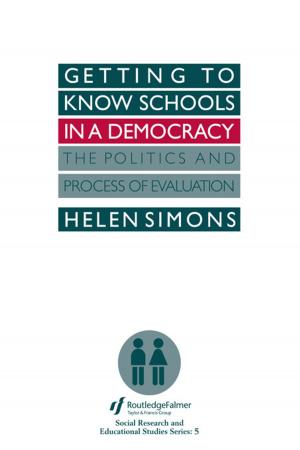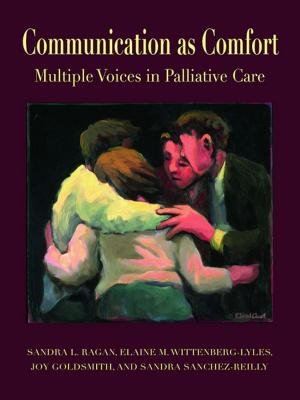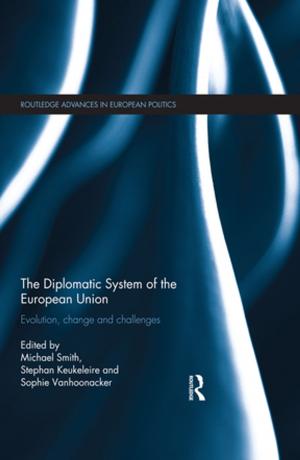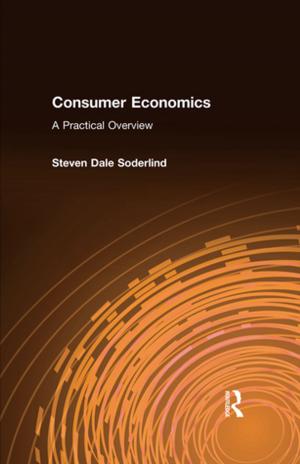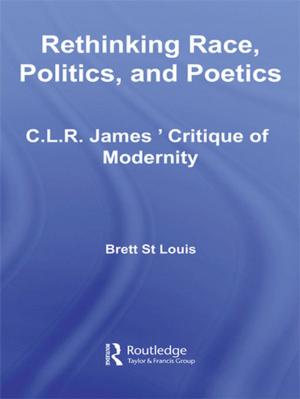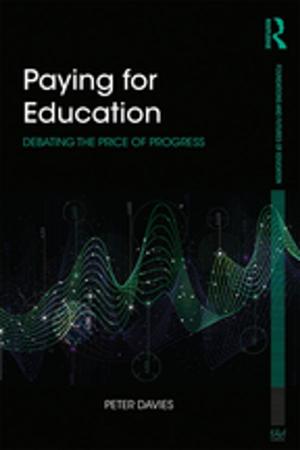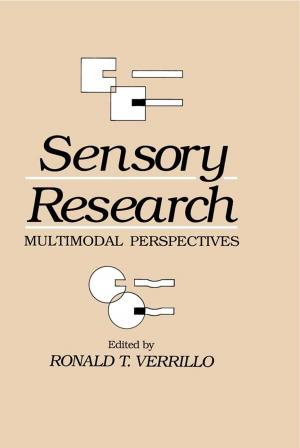Reverberating Song in Shakespeare and Milton
Language, Memory, and Musical Representation
Fiction & Literature, Literary Theory & Criticism, British| Author: | Erin Minear | ISBN: | 9781317063728 |
| Publisher: | Taylor and Francis | Publication: | April 8, 2016 |
| Imprint: | Routledge | Language: | English |
| Author: | Erin Minear |
| ISBN: | 9781317063728 |
| Publisher: | Taylor and Francis |
| Publication: | April 8, 2016 |
| Imprint: | Routledge |
| Language: | English |
In this study, Erin Minear explores the fascination of Shakespeare and Milton with the ability of music-heard, imagined, or remembered-to infiltrate language. Such infected language reproduces not so much the formal or sonic properties of music as its effects. Shakespeare's and Milton's understanding of these effects was determined, she argues, by history and culture as well as individual sensibility. They portray music as uncanny and divine, expressive and opaque, promoting associative rather than logical thought processes and unearthing unexpected memories. The title reflects the multiple and overlapping meanings of reverberation in the study: the lingering and infectious nature of musical sound; the questionable status of audible, earthly music as an echo of celestial harmonies; and one writer's allusions to another. Minear argues that many of the qualities that seem to us characteristically 'Shakespearean' stem from Shakespeare's engagement with how music works-and that Milton was deeply influenced by this aspect of Shakespearean poetics. Analyzing Milton's account of Shakespeare's 'warbled notes,' she demonstrates that he saw Shakespeare as a peculiarly musical poet, deeply and obscurely moving his audience with language that has ceased to mean, but nonetheless lingers hauntingly in the mind. Obsessed with the relationship between words and music for reasons of his own, including his father's profession as a composer, Milton would adopt, adapt, and finally reject Shakespeare's form of musical poetics in his own quest to 'join the angel choir.' Offering a new way of looking at the work of two major authors, this study engages and challenges scholars of Shakespeare, Milton, and early modern culture.
In this study, Erin Minear explores the fascination of Shakespeare and Milton with the ability of music-heard, imagined, or remembered-to infiltrate language. Such infected language reproduces not so much the formal or sonic properties of music as its effects. Shakespeare's and Milton's understanding of these effects was determined, she argues, by history and culture as well as individual sensibility. They portray music as uncanny and divine, expressive and opaque, promoting associative rather than logical thought processes and unearthing unexpected memories. The title reflects the multiple and overlapping meanings of reverberation in the study: the lingering and infectious nature of musical sound; the questionable status of audible, earthly music as an echo of celestial harmonies; and one writer's allusions to another. Minear argues that many of the qualities that seem to us characteristically 'Shakespearean' stem from Shakespeare's engagement with how music works-and that Milton was deeply influenced by this aspect of Shakespearean poetics. Analyzing Milton's account of Shakespeare's 'warbled notes,' she demonstrates that he saw Shakespeare as a peculiarly musical poet, deeply and obscurely moving his audience with language that has ceased to mean, but nonetheless lingers hauntingly in the mind. Obsessed with the relationship between words and music for reasons of his own, including his father's profession as a composer, Milton would adopt, adapt, and finally reject Shakespeare's form of musical poetics in his own quest to 'join the angel choir.' Offering a new way of looking at the work of two major authors, this study engages and challenges scholars of Shakespeare, Milton, and early modern culture.

